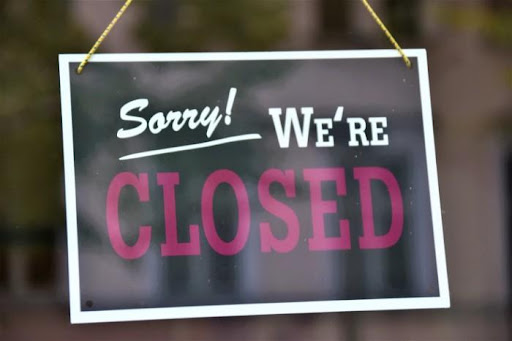
The Covid-19 pandemic has had a significant impact on businesses worldwide causing many to close down due to the associated financial pressures and the failure of many companies to recover lost trade. One of the most common ways companies have been forced to close down is through company liquidation.
In this article, we will explore the reasons why liquidations have increased following the Covid-19 pandemic and what options are available to companies’ facing liquidation.
Increase in Company Liquidations
The Covid-19 pandemic has caused unprecedented economic disruption with many businesses being forced to close down due to the associated financial pressures. One of the most common ways companies have been forced to close down is through company liquidation. Liquidation is the process of selling off a company’s assets in order to pay off its creditors.
The process is handled by a licensed insolvency practitioner in the capacity as the appointed liquidator. The liquidator will analyse the current state of the business including the books and records. They will sell the assets of the company and distribute the net proceeds amongst the company’s creditors.
Since the start of the pandemic there has been a significant increase in the number of company liquidations. This increase has been driven by a range of factors, including the increases in business costs such as utility costs, fuel & transport and supplies. Businesses were also heavily impacted by lockdowns and social distancing measures on business revenues during the early stages of the pandemic.
Companies Trying to Close Down with Outstanding Liabilities
Many company directors were trying to strike off their company with outstanding liabilities such as a Bounce Back loan. However, such attempts to strike off are being objected to by creditors such as HM Revenue & Customs leaving companies with little choice but to enter into formal liquidation.
Bounce Back loans were introduced by the UK government in 2020 to provide small businesses with loans of up to £50,000 to help them survive the economic impacts of Covid-19. However, as of January 2022, around one in five small businesses who took out a Bounce Back loan were unable to pay them back.
Liquidation Options
If your business that is facing financial difficulties, there are several liquidation options available to you. The most common options are:
Creditors’ Voluntary Liquidation (CVL)
A CVL is initiated by the company’s directors, who pass a resolution to wind up the company. A licensed insolvency practitioner is then appointed to manage the liquidation process. The company’s assets are sold, and the proceeds are used to pay off creditors. Once the liquidation process is complete, the company is dissolved.
Compulsory Liquidation
Compulsory liquidation is initiated by a court order, usually as a result of a winding-up petition submitted by a creditor. In this case, a court-appointed liquidator takes over the management of the liquidation process. The company’s assets are sold, and the proceeds are used to pay off creditors. Once the liquidation process is complete, the company is dissolved.
Members’ Voluntary Liquidation (MVL)
An MVL is initiated by the company’s shareholders, who pass a resolution to wind up the company. In this case, the company is solvent and its assets are sold to pay off shareholders. Once the liquidation process is complete, the company is formally dissolved.
Summary:
In conclusion, the Covid-19 pandemic has led to a significant increase in company liquidations due to the associated financial pressures, the impact of lockdowns and social distancing measures, and companies trying to close down with outstanding liabilities such as a Bounce Back loan.
If your company is facing financial difficulties, there are several liquidation options available to you, including a creditors’ voluntary liquidation, compulsory liquidation, and members’ voluntary liquidation. Seeking professional advice from a licensed insolvency practitioner is recommended to help determine which liquidation option is best suited to your company’s circumstances.
Remember, seeking help early on is important to increase the chances of a successful liquidation process and to help eliminate the prospect of creditors taking further action against the company or petitioning for a Winding up Order. Taking early action also helps to eliminate the possibility of the directors being accused of breaching their fiduciary duties and running the risk of having further action being taken against them.
Interesting Related Article: “Men’s health is in real crisis for COVID 19“
